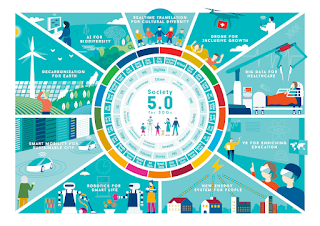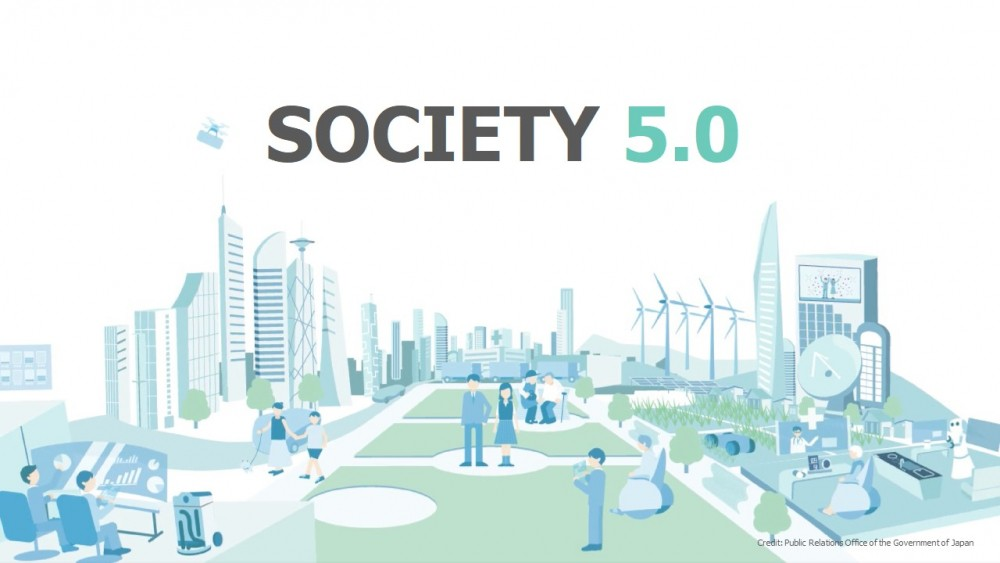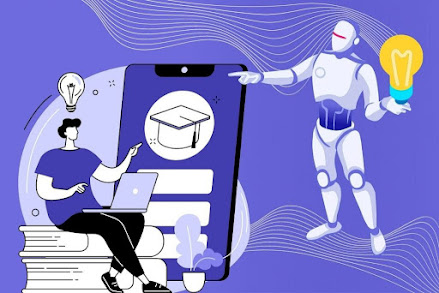How to adapt the Society 5.0 and its development include learning and developing some essential entrepreneurial skills? (Lim Jun Na - TP072221)

Society 5.0 also known as Super Smart Society. The goal of Society 5.0 is to create a society in which economic progress and technical advancement exist for the benefit of the entire society. As technology developed, digital literacy became increasingly necessary in order to engage with the modern world. It requires not only technical abilities but also critical thinking, inventiveness, and adaptability to navigate evolving digital trends confidently (Sandra & Yuliawan, 2022). Entrepreneurial skills are pivotal in Society 5.0. To stay competitive, entrepreneurs need to be able to swiftly adjust to the demands of the digital marketplace, keep alert to new opportunities, and be flexible. Entrepreneurs must be observant, flexible, and always learning in order to prosper in the face of rapidly changing technology environments and intense competition (Ferriswara et al., 2023). Sandra, J., & Yuliawan, Y. (2022). The Importance of Digital Literacy for Society 5.0 : ...



